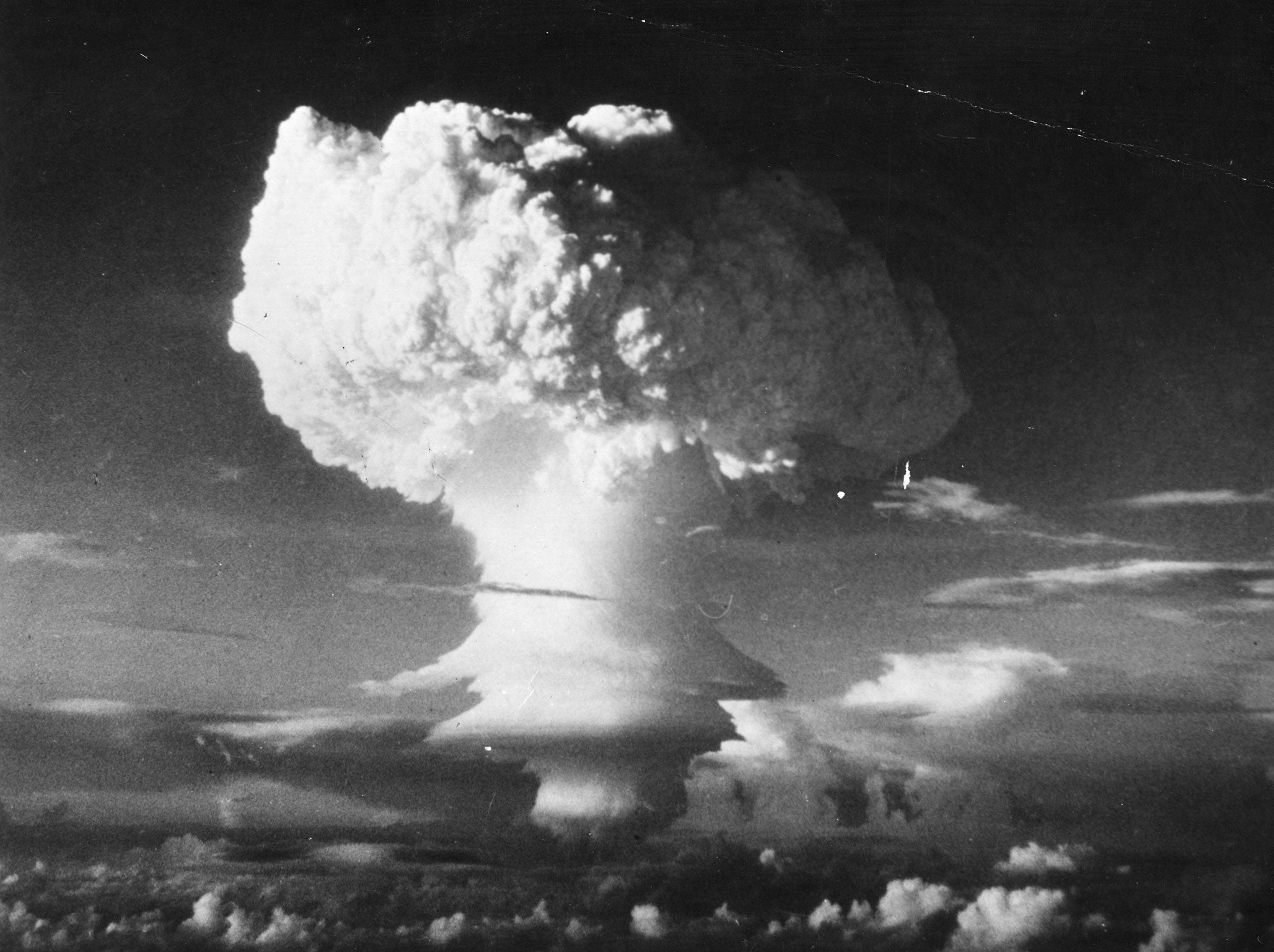Anthropocene: Humanity has changed the Earth so much that it has entered a new epoch, scientists conclude
Human activities like exploding atomic bombs and burying plastics in the ground have fundamentally changes the planet’s geological make-up, a new paper warns

Your support helps us to tell the story
From reproductive rights to climate change to Big Tech, The Independent is on the ground when the story is developing. Whether it's investigating the financials of Elon Musk's pro-Trump PAC or producing our latest documentary, 'The A Word', which shines a light on the American women fighting for reproductive rights, we know how important it is to parse out the facts from the messaging.
At such a critical moment in US history, we need reporters on the ground. Your donation allows us to keep sending journalists to speak to both sides of the story.
The Independent is trusted by Americans across the entire political spectrum. And unlike many other quality news outlets, we choose not to lock Americans out of our reporting and analysis with paywalls. We believe quality journalism should be available to everyone, paid for by those who can afford it.
Your support makes all the difference.Humanity has altered the make-up of the Earth so much that it has entered a new epoch called the Anthropocene, according to scientists.
Humans are leaving new minerals, rocks and other materials in the Earth and altering how it is made, a new paper argues. That has happened at such a level that we should start thinking of ourselves as having entered the “Anthropocene”, according to its authors, and have moved out of the Holocene epoch.
Huge events such as the dropping of the first atomic bomb in 1945 hugely altered some areas of the Earth, according to the scientists. The huge effects of the testing and dropping of nuclear weapons might be humanity’s biggest impact on the Earth, the paper argues.
And slower processes such as burning fuels, the disposal of new materials and the building of roads have altered the geological construction of the planet.
We have burning fossil fuels and disseminating the results across the world, the paper notes. That has left black carbon and other materials across the Earth since 1950.
And there are new and rapidly evolving “technofossils” found across the planet. The creation of new and more widely-used materials like concrete and plastics have led to them being strewn across the world and they are unlikely to be turned back.
Climate change is also altering the temperature and glacial make-up of the world. The carbon dioxide and methane concentration has changed markedly, and could end up being a more extreme event than previous ice ages, the paper notes.
Humans have also had a permanent effect on the biological properties of the rest of the world. Fishing, farming and humanity moving into new parts of the Earth has “permanently reconfirgur[ed] Earth’s biological trajectory”, the paper notes.
Wildlife has been pushed into an increasingly small part of the Earth. Only 25 per cent of the planet is now considered wild, compared with 50 per cent three hundred years ago, and species are going extinct at a hugely increased rate.
The publication of the paper — ‘The Anthropocene is functionally and stratigraphically distinct from the Holocene’, in Science — does not officially mark a recognition that we have entered a new epoch. But the data presented in it marks one of the strongest cases yet that the changes humanity has brought are big and broad enough to constitute such a change.
The formal question of whether we have entered into an Anthropocene, and when it began, will be put to the official geological body later this year.
After the Pleistocene, we lived for the last 11,700 years in what was called the Holocene. That was defined by the warmer and wetter conditions that began after the last ice age, and during which humans have come to make big changes to the Earth.
Join our commenting forum
Join thought-provoking conversations, follow other Independent readers and see their replies
Comments